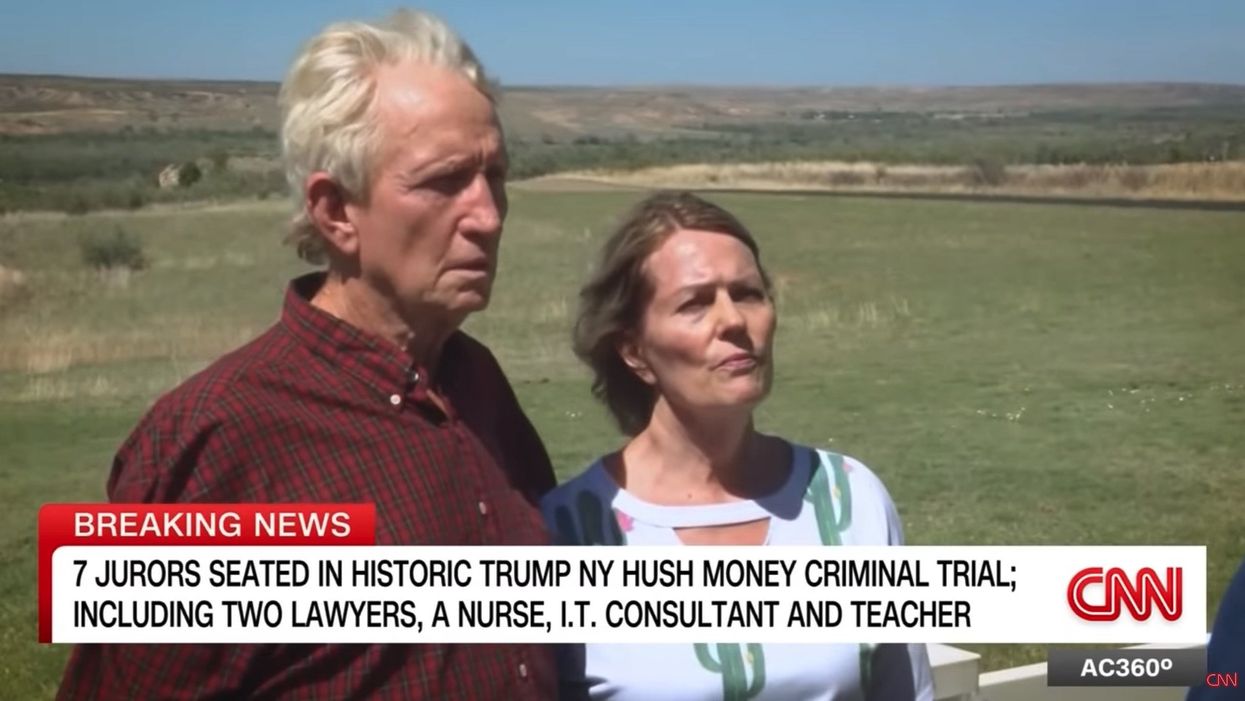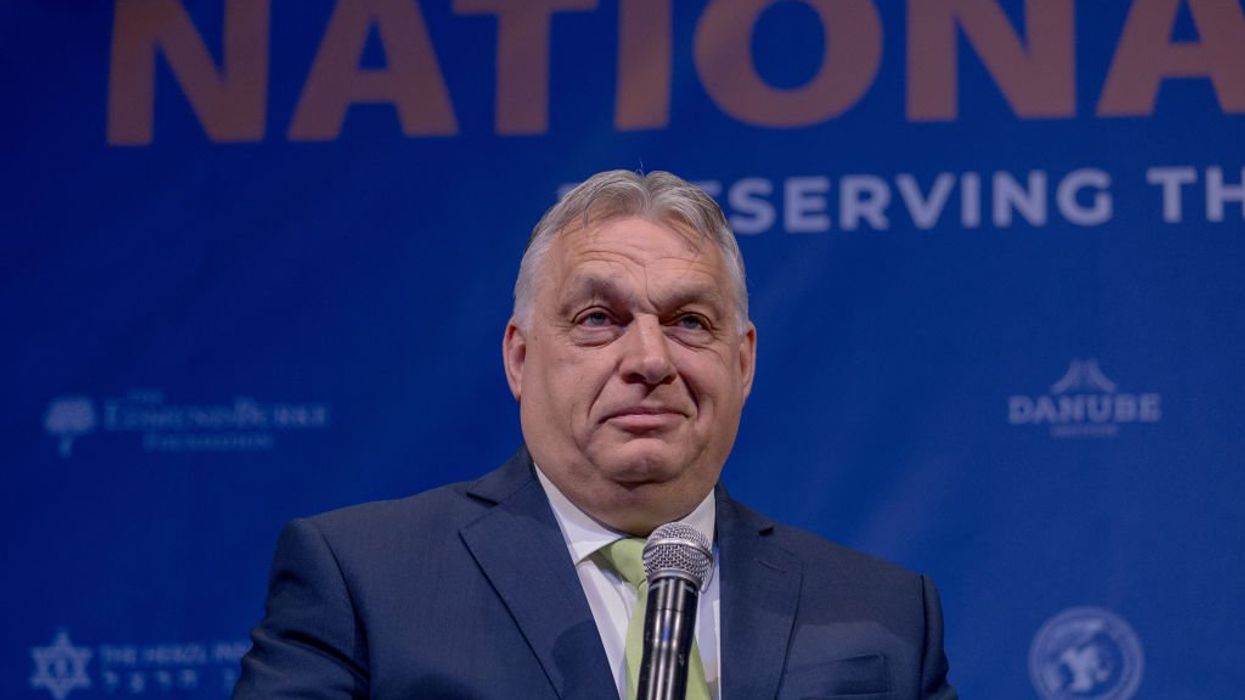In the days between a string of inhuman beheadings, involving two American journalists and a British aid worker, by the Islamic State, President Barack Obama displayed stunning glibness in attributing some of the outrage over these tragedies to the proliferation of social media.
“The world has always been messy,” the president said at a $32,000 per plate fundraiser in one of New York’s toniest suburbs. “In part, we’re just noticing now because of social media.”
The president also attributed Americans’ “troubled” feelings to the nightly news, which, according to Obama, makes it look like “the world is falling apart.”
Obama is right on one count--Americans are taking in more of their news through social media and other nontraditional, digital platforms than ever before. Yet it’s incomprehensible why he would believe that these technological advances--the great democratization of media--are even part of the reason why people are so concerned for their safety and security.
 In this Sept. 5, 2014 file photo, President Barack Obama speaks at Celtic Manor, Newport, Wales. (AP Photo/Charles Dharapak, File)
In this Sept. 5, 2014 file photo, President Barack Obama speaks at Celtic Manor, Newport, Wales. (AP Photo/Charles Dharapak, File)
The beheadings of two American journalists by barbaric terrorists who have systematically murdered thousands of women, children, and non-Muslims is major news, and would have had the same “troubling” effects on Americans in 1914--when the evening edition was the latest achievement in media technology--as in 2014.
In fact, the public responded with similar outrage in 2004, when Al Qaeda decapitated American businessman Nick Berg and released a video--which plenty of people noticed even though Facebook was still being developed in a dorm room and Twitter and YouTube were still two years away from existence.
It's ironic that the president's complaints about the abundance of news come at a time when the journalists that produce it find themselves in harm's way. Obama’s rush to mitigate the outrage over these acts of terror by urging us to get off our smartphones and take his word that everything will turn out alright isn’t just irresponsible, it’s a continuation of the White House’s troublesome use of technology as a scapegoat.
Last year, Secretary of State John Kerry bemoaned that “this little thing called the Internet makes it more difficult to govern.”
Like Obama, Kerry was correct in the abstract, but both men’s rush to blame the Internet for their own public relations problems seriously undercuts the web’s power as a force for global democracy.
The Internet is one of the great tools for equality, communication, and human rights in the world, and has been at the center of nearly all of the democratic uprisings over the past five years.
Tyrants from Iran to Egypt to Venezuela have found that “the Internet makes it more difficult to govern,” as oppressed people have used Twitter and other digital platforms to circumvent state-run phone lines and media outlets and communicate with one another. With the touch of a smartphone, a man in Syria can share images of brutality with the entire world, and trigger a global conversation on Middle East policy.
 The logo of social networking website 'Twitter' is displayed on a computer screen in London on September 11, 2013. Credit: AFP/Getty Images
The logo of social networking website 'Twitter' is displayed on a computer screen in London on September 11, 2013. Credit: AFP/Getty Images
Western leaders like Obama and Kerry should be rushing to embrace these technologies, and through both words and actions should be encouraging those fighting for freedom in totalitarian states around the world to use the tools at their disposal to shine the light on the evils of their oppressors. Yet their comments indicate that they can’t see past a news cycle.
Instead of realizing that technology makes it easier for the forces of democracy to prevail worldwide--even if it makes for tough press conferences--they’re only concerned about how a YouTube video will affect their numbers in Gallup’s Monday morning tracking poll.
Ironically, President Obama has done a great deal at home to encourage participation in the democratic process through social media--and he almost certainly owes his career to it. Without the efforts of his cutting-edge digital team, Obama might still be an obscure Illinois state senator that we’re just “noticing now.”
Despite his seeming concern that people may use Twitter to witness the enemy’s murder of American citizens, social media hasn’t been entirely bad to Obama this month.
On the day that the president stood before our country and announced that he has no plans and no strategy to deal with the Islamic State, he chose to start a fashion trend by wearing a tan suit. You can guess which of the two social media picked up and ran with.
–
TheBlaze contributor channel supports an open discourse on a range of views. The opinions expressed in this channel are solely those of each individual author.


 In this Sept. 5, 2014 file photo, President Barack Obama speaks at Celtic Manor, Newport, Wales. (AP Photo/Charles Dharapak, File)
In this Sept. 5, 2014 file photo, President Barack Obama speaks at Celtic Manor, Newport, Wales. (AP Photo/Charles Dharapak, File)
 The logo of social networking website 'Twitter' is displayed on a computer screen in London on September 11, 2013. Credit: AFP/Getty Images
The logo of social networking website 'Twitter' is displayed on a computer screen in London on September 11, 2013. Credit: AFP/Getty Images


